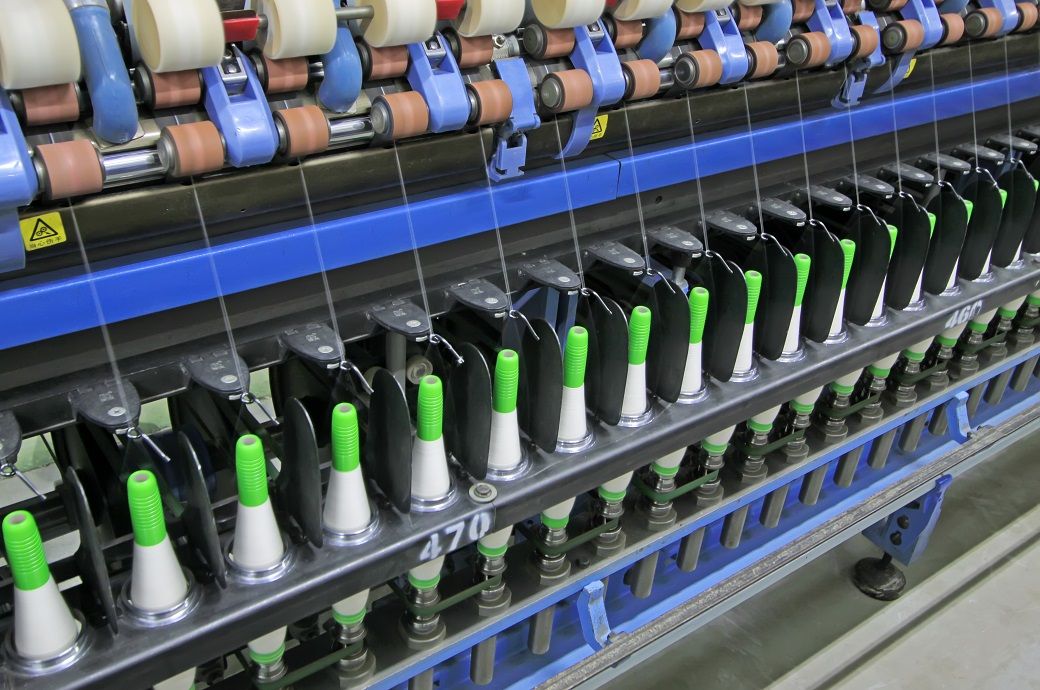
The Ludhiana market witnessed a steady trend in cotton yarn prices amid average demand. There was no improvement in buying from the consumer industry and exporters. A trader from the Ludhiana market told Fibre2Fashion, "The market did not see any positive signals from the buying front. There was a steady trend in cotton yarn prices. Mills were not keen to attract buyers by offering lower prices, as they did not want to increase pressure on their margins.”
The 30-count cotton combed yarn sold for ₹262-272 per kg (GST inclusive), and the 20 and 25 count combed yarn traded for ₹252-257 per kg and ₹257-262 per kg, respectively. The carded yarn of 30 count was noted at ₹242-252 per kg, according to Fibre2Fashion’s market insight tool TexPro."
The Delhi market also noted a stable trend in cotton yarn prices. Buying from exporters and the domestic industry remained average. A trader from the Delhi market told F2F, "The market noted a stable trend in demand and prices of cotton yarn."
In Delhi, the 30-count combed yarn traded at ₹265-270 per kg (GST extra), the 40-count combed at ₹290-295 per kg, the 30-count carded at ₹237-242 per kg, and the 40-count carded at ₹267-270 per kg, according to TexPro.
The recycled yarn market in Panipat was also silent. Spinners were not pushing their sales by offering lower prices. A trader stated that the demand was weak and lower prices would fail to attract buyers. In Panipat, 10s recycled PC yarn (grey) traded at ₹80-85 per kg (GST extra). Other varieties and counts were 10s recycled PC yarn (black) at ₹50-55 per kg, 20s recycled PC yarn (grey) at ₹95-100 per kg, and 30s recycled PC yarn (grey) at ₹140-145 per kg. Comber prices hovered at ₹130-132 per kg. Recycled polyester fibre (PET bottle fibre) was noted at ₹68-70 per kg.
Cotton prices in north India started on a stable note. The availability of cotton was significantly limited due to the scant arrivals at the close of the season. Traders anticipate a further decline in the cotton trade due to a lack of supply. Despite this, ginning mills will persist in selling cotton from their inventory. Presently, concerns in the cotton trade centre around reduced demand from export markets.
Today, cotton arrival was between 1,350-1,400 bales of 170 kg in the entire north India. It traded at ₹5,850-5,950 per maund of 37.2 kg in Punjab, ₹5,650-5,750 per maund in Haryana, and ₹6,000-6,100 per maund in upper Rajasthan and for ₹55,000-56,500 per candy of 356 kg in lower Rajasthan.
ALCHEMPro News Desk (KUL)
Receive daily prices and market insights straight to your inbox. Subscribe to AlchemPro Weekly!